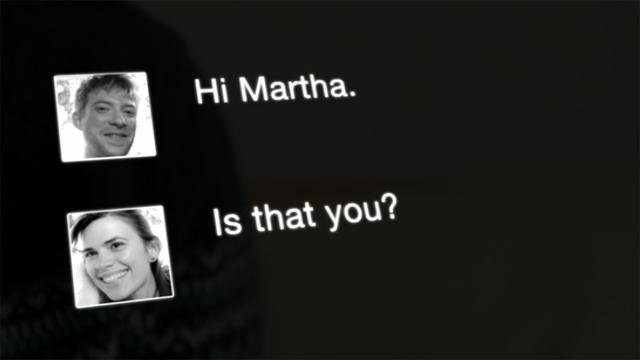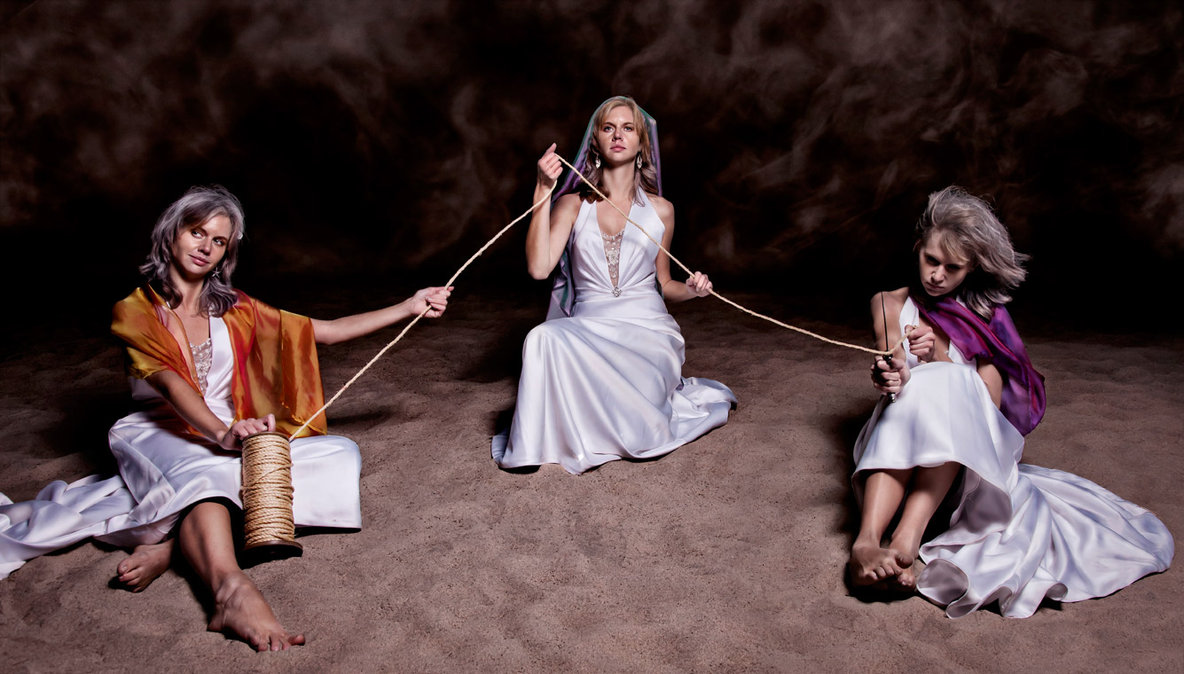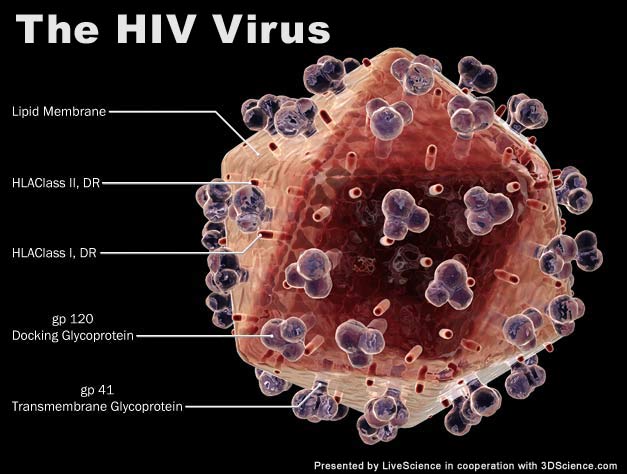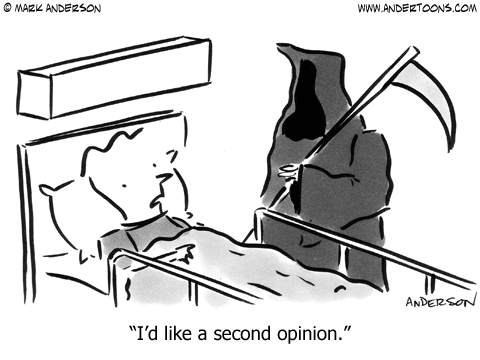I believe in bodily autonomy and don’t think any law should tell us what we can do with and to our own bodies. Men and women should have the right to have any procedure they desire done to their bodies. I should have the right to take any drug I want, for any reason. Anyone should be allowed to end their own life, as long as they don’t endanger others in the process.
Not only do I believe we all have those rights, I believe in encouraging some of them. For instance, I’d love it if contraception and abortions were free for anyone that wanted them. I believe that every child should be wanted, and not because we force people to pretend they want them. We have the resources and technology to make this happen. Not using it creates horrible situations where children are neglected, abused, and suffering.
Many disagree with me about much of what I just wrote. To some, any life is precious no matter how small.
Life
Is life precious? That depends on how you define it.
Life is a characteristic distinguishing physical entities having biological processes (such as signaling and self-sustaining processes) from those that do not, either because such functions have ceased (death), or because they lack such functions and are classified as inanimate. Various forms of life exist such as plants, animals, fungi, protists, archaea, and bacteria. The criteria can at times be ambiguous and may or may not define viruses, viroids or potential artificial life as living.
To me, the definitions of life and machines are similar. In order to be considered either, an object must be complex enough to go through continuous change. By this logic, life certainly isn’t rare. A planet is alive by this definition. An icy comet orbiting with a continuous chemical reaction occurring across its surface is alive. By extension, the solar system and galaxy are alive, because of their inner complexity.
It also wouldn’t be much of a stretch to say that my computer is alive. It sustains and maintains itself to the best of its ability, automatically updating its software and sleeping when it needs to. Millions of tiny chemical changes occur within it every day.
If an organism dies, but bacteria and other organisms continue to live within that organism… is that truly death? Decomposition is undoubtedly a biological process. On an objective level, life isn’t precious at all. In fact on Earth it generally continues to propagate, even if it’s stamped out.
But everything changes when we experience that particular life ourselves. If our goldfish dies, we see a very clear and upsetting difference between the two states. But if I told you about the death of a goldfish in another child’s home in another country, you’d most likely wonder why I thought you needed to know that. I’d be a downer.
The value of life is entirely subjective. Any sentient organism has the right to set the value of its own life. It is able to decide if it wants to sacrifice itself for the life of a loved one or to fight for an ideal. It is also allowed to hold its own life at higher value than the lives of other organisms.
So, is life precious? Sometimes. It seems that the best way to increase its value is with positive connections to others. Life simply for the sake of continuing biological processes has very little value.
Fear of Death
I’m not afraid of dying. There’s no sense in fearing what every single human has done and will continue to do. Unless they were looking for a book deal or had a similar agenda, most documented cases of people dying and coming back to life have described it as rather boring, or even peaceful.
I definitely fear it less. I know now that death is nothing worse than sleeping. When you die, you just stop existing, nothing to worry about!
Anonymous (Reddit: r00tdude)
This is what it’s like to be dead, according to a guy who died for a bit
If you’ve ever lost consciousness, you’ve probably experienced what death is like. Much like when you wake up after a nap, you’re aware that time has passed but the exact duration may elude you. You only remember being unconscious if you have dreams.
I believe that when people have fears about death, what they truly fear is the concept of infinity. We fear that whatever happens after death might be painful. And because death lies behind a curtain we can’t see past, we assume that it goes on forever in that direction. We’ve imagined hell and heaven based on these unfounded assumptions.
Infinity is a terrifying concept. Even if I was able to do my favorite thing… doing only that for eternity would be awful. Heaven is no less terrifying than hell or purgatory if there’s no escape.
To me, death is a miracle. To spare the suffering and insanity of eternity, death will come when it’s my time. I simply need to avoid pain and suffering until then, and everything will be hunky-dory.
Immortality
I think the next great feat of the human race will be to transcend death. I don’t mean that people will stop dying at some point, but I think we’ll have much more control over our deaths. Within the 21st century, I believe it will be within our grasp to choose the time and circumstances of our death.
Perhaps we replace our failing organs and tissues with cloned ‘fresh’ versions, and do on a higher level what our bodies have done on a cellular level for ages (with the exception of a few pieces). Would you still be yourself if you appeared younger but kept the same neurons? Would it matter to you that you’d lose some scars, moles or tattoos? Would you still be yourself if your brain tissues were part of that process?
What if instead of cloning organs, we replaced limbs with robotic equivalents? Robotic limbs are now being developed that can “feel” and relay those sensations back to the human brain. We already have hearing aids that can return hearing to the deaf in some circumstances. Who we are is just as much a product of how we perceive our environment as the code in our DNA programs us. If we perceive the world through artificial senses, are those sensations any less real?
What if we could copy our minds to a hard drive? What would we need to do to determine if the copy was complete or accurate? The human brain forgets things all the time. The way we act is largely a function of our senses and chemical balances. If you could program a computer to think and speak the same way you do, have you given birth to life?
What if you went into the programing and changed it so it was a better version of yourself? A version where you were smarter, stronger, more decisive. Perhaps you want to add some traits that you don’t have. Something your friend has, or perhaps a few things your aunt does that you admire. Does this differ much from combining genetic materials to conceive a child? Is programming it similar to educating a child?
What if you could clone your closest friend after they had died?

These kinds of questions are hard for me to answer. I find it hard to imagine that I wouldn’t want to replace a damaged or amputated limb. If I decided that I didn’t want to die yet, I could definitely se e myself uploading my brain to another body and adapting to the way it sensed the world.
Even in these scenarios, I could see myself being ready for death eventually. At some point my curiosity for what death is like will outweigh all the other curiosities I have yet to satisfy in life.
Freedom to Die
Technology is the current step in human evolution. We’ve extended our average lifespan by over 20 years in the last century. If we unfreeze Walt Disney in 100 years and he can walk around freely as if he just woke up from a coma, it might be harder for us to say when anyone is dead or alive. If we can teleport a living organism across a room unharmed, does the old version die? At what point will what makes us individuals simply come down to a complex recipe of arranged atoms?
Because of how difficult it is to nail down what life and death truly are, I don’t think we can resolve any debate about when life begins or ends. Does life begin when sperm hits an egg? Perhaps, but the presence of a parasite doesn’t suddenly invalidate the bodily autonomy of the host. Once the organism has left the body of the mother, that’s no longer an issue.
The entire reason this is anything more than a philosophical debate is because some humans want to control the decisions and bodies of others. Simply put, if you seek to impose your values on others, you are an asshole. If you try to achieve this through petitioning the government, you are a tyrant.
In fact, if you google bodily autonomy, half the results on the front page are pages dedicated to fighting the argument that you have the right to control what happens to your own body. This is how dedicated some people are to controlling others.
Pro-Death
Death by choice should be considered a human right. Doctors, family members, politicians, and hospitals should be barred from going against the wishes of a DNR. Assisted suicide should be legal.
I call it death by choice, because I still oppose the death penalty. Despite my more positive outlook on death than others, I still don’t consider making that choice for another person a right that anyone has.
Some of these views might seem contradictory. If you consider abortion to be murder, you probably can’t understand why I think abortion and the death penalty are two separate concerns. To me, the things that make us alive are our abilities to perceive and communicate.
One of the reasons I don’t include the ability to move or be entirely self-reliant in my definition is my experiences with my late grandparents. My grandfather on my dad’s side was ill in a way that he could not talk or walk for the entire time I knew him, but he could still communicate with us with gestures and sounds. He could definitely still see, hear, and feel us when we visited. My grandmother had Alzheimer’s disease. Even though eventually she stopped recognizing me, we still enjoyed each others’ company and were able to talk.
Our ability to communicate meaningfully in both directions is what allows us to connect with each other. I find this to be the most important value of our lives. If a mother feels connected to their unborn child, they have the right to keep it. If the mother does not feel that connection and considers it an unwelcome presence in her body, she also has the right to have the parasitic growth removed. If other people find that reprehensible, they have the right to make different choices for themselves, but not for her.
We need to revise our understanding of death as a society. Our fear of anything ever dying causes little other than suffering today, and the technology of tomorrow will soon force us to re-evaluate our views on life anyway. We should open our minds to these concepts for the good of ourselves and our loved ones.
As for me, I’ll do whatever I can to continue my ability to perceive the universe and connect with others. At least, for as long as I still want to.



